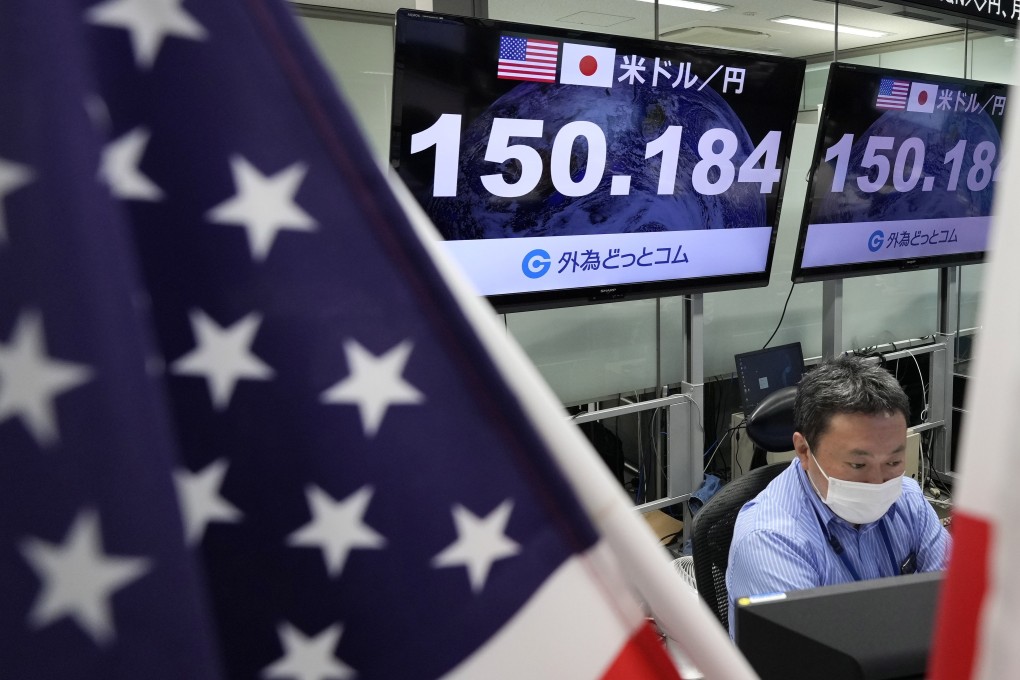Advertisement
Macroscope | It’s not personal – US dollar strength is an offer Washington can’t refuse
- Washington is unmoved by the unease around the world at the US dollar’s appreciation because the currency’s strength is in the country’s interest for now
- Until the markets see an end to interest rate increases or shifts in US policy, they will expect the dollar to get more expensive and act accordingly
Reading Time:3 minutes
Why you can trust SCMP
1

“It’s not personal, Sonny. It’s strictly business,” Michael Corleone said in Francis Ford Coppola’s 1972 cinematic masterpiece The Godfather. The same sentiment applies in 2022 to the US dollar as its continued appreciation on the foreign exchanges causes unease in capitals around the world while Washington is unmoved.
It’s nothing personal, it just suits US interests for the US dollar to stay strong for now. While that might not play well in many places outside the United States, it is what it is.
China’s onshore yuan closed last week in Asia at 7.2494 per US dollar. That was its weakest close since January 14, 2008, amid rising market expectations of further increases in US interest rates.
Advertisement
It could be, as some banking sources suggested, that major Chinese state-owned banks sold US dollar for yuan on the onshore foreign exchange market on Friday to stem the pace of the renminbi’s decline against the US dollar. After all, Beijing sets great store by the concept of yuan stability.
But if the driver of Friday’s price action was primarily US dollar strength rather than yuan weakness – as seems to have been the case – then arresting the move, let alone reversing it, is not going to be easily achieved.
Over in Japan, that same demand for US dollars saw the Japanese yen sink below 151 to the US currency, a fresh 32-year low. That prompted Japanese Finance Minister Shunichi Suzuki to warn that Tokyo would not “tolerate excessive moves by speculators”.
Advertisement
Select Voice
Choose your listening speed
Get through articles 2x faster
1.25x
250 WPM
Slow
Average
Fast
1.25x
